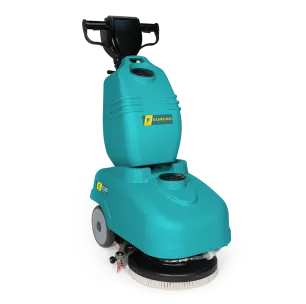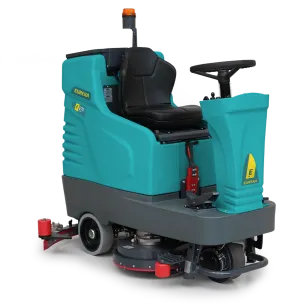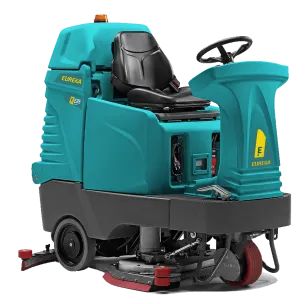Campsites and tourist villages are also legally obliged to guarantee certain quality standards.
Various quality indicators have to be monitored and, depending on what services are provided, accommodation facilities are rated, generally using a star system similar to that which identifies different hotel categories.
The quality indicators concerned require holiday destinations to optimise key aspects such as the percentage of common spaces available to guests, the finish of access and transit routes within the site, the quality of tent and camper pitches, bungalow liveability, the availability of adequate (and ideally covered) parking, and last but not least, the cleanliness of the entire site.
Reference standards aside, it is also common sense for the managers of such facilities to do all they can to offer guests the best possible service and to make their holidays pleasant and safe.
Wide, well-paved access roads, a green and shady environment and thoroughly cleaned structures are of key importance to anybody choosing a place to spend their holidays. Managers who want to develop and improve their business therefore have good reason to focus attention on all these aspects.
The larger the campsite or resort, the higher the level of total quality you need to achieve and the more challenging it becomes to arrange everything. From separate waste collection, to cleaning tent pitches and bungalows between guests… everything requires more staff and better organisation.
Even for cleaning common outdoor areas, it soon comes to the point where the choice of a higher performance, more efficient cleaning machine can make a big difference to running costs and to the quality of service offered.


























